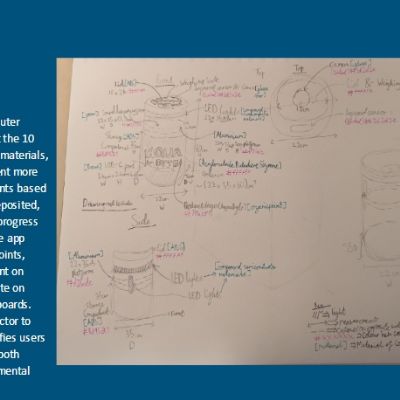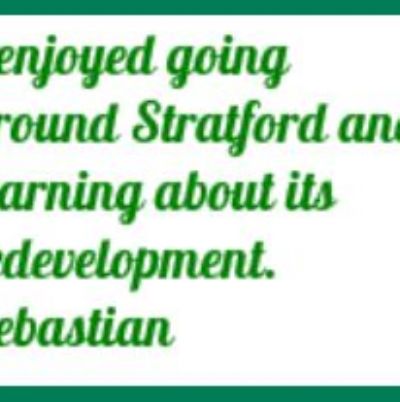
25 Mar 2025
Geography is a subject that offers students the opportunity to broaden their understanding of the world as every student is a global citizen.
The department acknowledges the importance that each individual student engages and develops a sense of belonging to their global community. The department harbours curiosity and develops creativity to encourage students to become independent and critical thinkers.
The work of the department is underpinned by three main aims. Firstly, to provide a firm basis in geographical skills, secondly to develop geographical knowledge,and thirdly to ground students' understanding in real world places and relevant topics. This will enable pupils who opt for the subject at GCSE to approach the course with confidence and achieve the highest grades.
The department offers a range of co-curricular activities, including the Key Stage 3 club. See the weekly school newsletter for what is happening in Geography.
In Year 7 the pupils undertake a range of topics. Including Locational Knowledge, South America, Map skills, Tourism and London Docklands. All students take part in the trip to the Docklands which links to both the topic on London and questions ideas on regeneration as well as supporting the completion of their Geography diploma task.
Year 8 students study a diverse range of topics including Oceans on The Edge, Africa, Rivers, Globalisation and Important Places.
Year 9 is a demanding year as we begin to teach Geography GCSE. This gives students GCSE content and supports the development of skills and confidence over a long period of time whilst still delivering a range of engaging topics and lessons. Over the year, students will study: World Biomes (including a trip to the Royal Botanic Gardens Kew), Lagos, Natural Hazards, Extreme Weather, Climate Change and Resources.
Throughout year 7-9, students are assessed using a variety of tests, from formal end of unit tests, end of year examinations as well as by extended written work and verbal presentations. From year 7 onwards all assessments use the new GCSE grading system 1-9, with students developing understanding of what each of these grades represent.
Geography uses a range of transferable skills such as graphs and data manipulation, and these are embedded throughout the year for all year groups.
This course is exciting and holistic as students study a range of human and physical topics. All students study 3 “core” units that include Changing population, Changing Climate and Resource Management. Those students that opt to take Geography at a higher level also study Freshwater environments, Geophysical Hazards and Urban environments. In addition, Higher Level students study 3 further topics of Power, places and networks, Human development and diversity and Global risks and resilience. There is a compulsory residential fieldwork trip in Summer of Y12 where students collect and start their Internal Assessment (IA) which is worth at least 20% of their final mark.

18 Dec 2024

20 Nov 2024

25 Sep 2024

23 Jul 2024

08 Jul 2024

27 Mar 2024

11 Jul 2022

03 Mar 2022